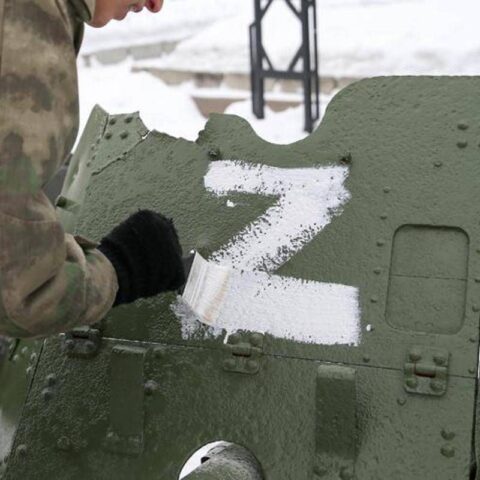(Adnkronos) – Newly elected Japanese Prime Minister Shigeru Ishiba has sent an offering to the controversial Yasukuni Shrine, located in central Tokyo and dedicated to the 2.5 million war dead since the late 19th century, including senior military and political figures condemned by war crimes tribunals before and during World War II. Reactions from Beijing and Seoul, which have been asking Tokyo for decades to distance itself from its colonial past, were not long in coming.
Every year, dozens of Japanese politicians visit Yasukuni during the spring and autumn festivals, or in August for the anniversary of the emperor’s announcement of surrender in 1945. Since 2013, when Shinzo Abe’s visit caused a diplomatic earthquake with Beijing and Seoul as well as prompting a rare diplomatic protest from the United States, no Japanese prime minister had visited the shrine again.
Japanese Prime Minister Ishiba, elected by parliament on 1 October after Fumio Kishida’s resignation, chose to send an offering to Yasukuni, perhaps also to rally his electorate ahead of the 27 October parliamentary elections, where he hopes to consolidate his leadership of the party and government. Health, Labour and Welfare Minister Takamaro Fukuoka also sent an offering of ‘masakaki’ trees, a shrine spokesman told AFP.
Seoul expressed “deep disappointment and regret that responsible leaders in Japan have once again paid tribute to or visited the Yasukuni Shrine – the South Korean foreign ministry said – We urge the leaders of the new Japanese cabinet to face up to history and show through actions a humble reflection and genuine atonement for past misdeeds.”
Asked about the issue, Chinese Foreign Ministry spokeswoman Mao Ning also called Yasukuni “a symbol of Japan’s militarist war of aggression.” “We urge Japan to face and reflect on its history of aggression and to be cautious in its words and deeds regarding historical issues such as the Yasukuni Shrine,” she said. This will help Japan “earn the trust of Asian neighbours and the international community through concrete actions,” Mao concluded.




